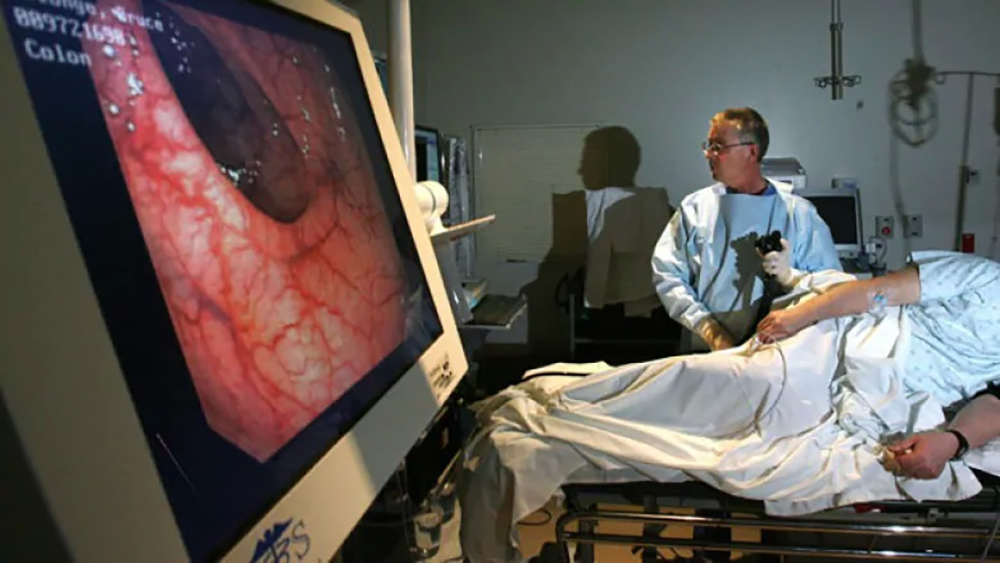|
Getting your Trinity Audio player ready...
|
Edited by: TJVNews.com
Cancer has long been associated with aging, but a new study published in BMJ Oncology reveals a troubling trend – a significant surge in cancer cases among young people, as was reported by the New York Post. Researchers suggest that factors such as red meat consumption, high salt intake, and alcohol consumption may be contributing factors to this concerning rise.
Using data from the Global Burden of Disease 2019 study — which looked at the prevalence of 29 cancers in 204 countries or regions — the researchers investigated the number of new cases, deaths, subsequent health repercussions and risk factors for people aged 14 to 49, according to the Post report.
The study, which analyzed data spanning from 1990 to 2019, painted a grim picture. The Post report indicated that over the course of three decades, there has been a staggering 79% increase in new cancer cases among individuals under the age of 50. In 2019 alone, there were 3.26 million early-onset cancer cases in this age group, marking a worrisome 79.1% surge since 1990, the Post report added. Furthermore, cancer-related deaths in this age bracket have risen by 27.7% over the same period.
The study identified specific types of cancer that have seen the most significant increases. Windpipe and prostate cancer have experienced the largest upticks since 1990. Among early-onset cases, breast cancer had the highest incidence rate, as was noted in the Post report. However, it’s important to note that cases of early-onset liver cancer have declined.
Regional variations were also notable, with North America, Australasia, and Western Europe being identified as regions with the highest incidence of early-onset cancers in 2019, according to the Post report. Conversely, Eastern Europe, Oceania, and Central Asia reported the highest mortality rates.
The Post also reported that the authors of the study wrote: “The rising incidence of early-onset cancers may partially attribute to increasing uptake of screening and early detection in developed regions and countries.”
The researchers believe that part of the reason for the rising incidence of early-onset cancers may be attributed to an increasing uptake of screening and early detection efforts in developed regions and countries, as was indicated in the Post report. For instance, the United Kingdom was cited for its outstanding screening and treatment efforts, resulting in a decline in deaths related to early-onset cancer.
As was reported in the Independent of the United Kingdom, Dr. Xue Li of the Center for Global Health at the University of Edinburgh’s Usher Institute said, “Fortunately, the annual mortality rate from early-onset cancer in the UK has been steadily decreasing, a testament to the outstanding cancer screening and treatment efforts over the past three decades,” according to the Post report.
While the increase in detections due to improved screening is a positive development, it’s also important to recognize the potential challenges it poses, the report added. As more cases are identified, the healthcare system must be prepared to provide necessary treatment and support.
If the patterns observed in the study continue, the researchers estimate that early-onset cancer diagnoses could increase by 31%, with deaths increasing by 21% by 2030, the Post report said. These projections underscore the urgency of addressing this issue and implementing effective preventive measures.
The study identified several risk factors that may be contributing to the rise in early-onset cancer cases. These factors include:
Western Diet: A diet characterized by excessive consumption of red meat and salt, coupled with insufficient intake of fruits and dairy products, was highlighted as a potential risk factor. This dietary pattern is prevalent in many Western countries and has been associated with various health issues, including cancer.
Alcohol and Tobacco Use: The study emphasized the role of alcohol intake and tobacco use as significant cancer risk factors among individuals under 50. These behaviors are well-established contributors to various forms of cancer.
Lifestyle Factors: Lack of physical exercise, high body mass index (BMI), and elevated blood sugar levels were also identified as potential contributors to early-onset cancer. These lifestyle factors can significantly impact overall health and increase cancer risk.
Public health initiatives and education can play a pivotal role in reducing the incidence of early-onset cancer and improving the overall health and well-being of young people.




